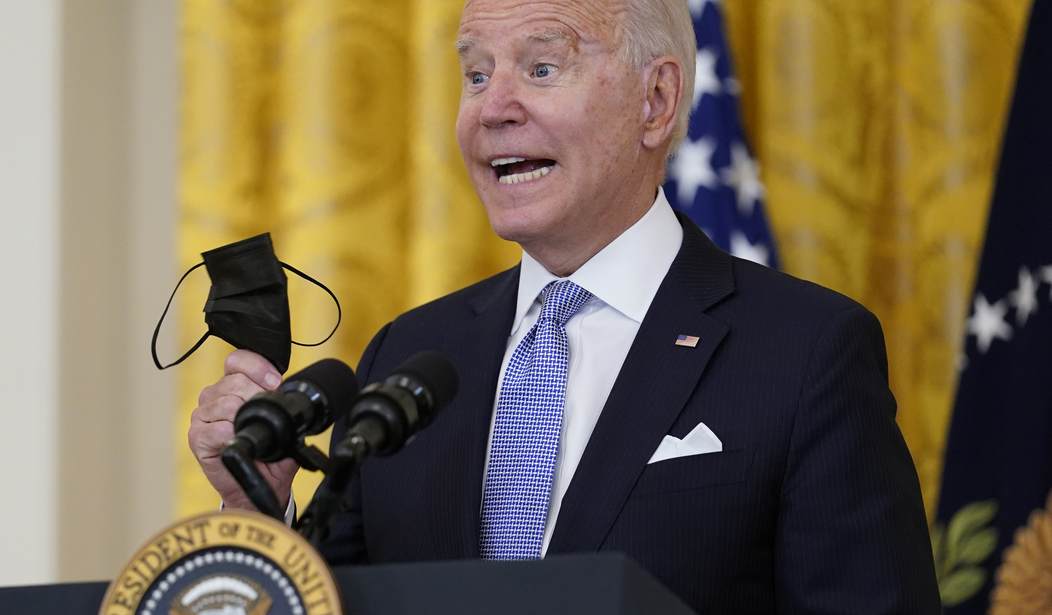For some reason, people are still freaking out about the omicron variant of COVID. However, soon after we first learned about the variant, we saw evidence that it was a far more mild variant of COVID, with symptoms just like the common cold.
According to Dr. Angelique Coetzee, the South African doctor responsible for alerting health officials about the omicron variant of COVID-19, the variant’s symptoms were “so different and so mild from those I had treated before.”
This is partly because omicron doesn’t appear to attack the lungs so aggressively and primarily infects the upper airways and not deep lung tissue.
In fact, from what we know about the omicron variant, it’s actually good news.
“I actually think there is a silver lining here and this may signal the end of COVID-19, with it attenuating itself to such an extent that it’s highly contagious, but doesn’t cause severe disease,” says Richard Friedland of Netcare Ltd. “That’s what happened with Spanish flu.”
Still, people are just hearing “more contagious” and are running for cover… or at least, face cover. But, even now, there’s little justification for masking up, and governments worldwide likely know this.
Case in point: In the United Kingdom, students are required to wear masks in school, even though the UK admits that they don’t have any conclusive evidence that face masks reduce the spread of COVID.
“A review of evidence made public by the U.K. Department for Education shows the government’s own research has failed to prove masks significantly reduce transmission in schools,” reports the New York Post.
According to the government research, 123 schools in the United Kingdom that enforced mask mandates were compared to 1,200 that didn’t. This research took place at the height of the delta variant.
The study found that schools that enforced mask-wearing saw their average absence rate fall by 2.3 percent after three weeks, while the average absence rate in schools that didn’t enforce mask-wearing dropped by 1.7 percent.
According to the review, “There is a level of statistical uncertainty around the result.”
I’ll say. That’s a statistically insignificant difference. And while the study is not peer-reviewed, it speaks volumes that the UK government, when trying to justify mask mandates in schools, failed to do so with their own study. But that didn’t stop the government in the United Kingdom from using the survey to justify their masking policy. “Evidence shows that face coverings can contribute to reducing transmission of COVID- 19 primarily by reducing the emission of virus-carrying particles when worn by an infected person,” the Department of Education study says.
This sadly proves our worst fears about the pandemic. Many of us were worried that political leaders would not give up the various pandemic emergency powers being given to them so easily out of fear. As we see in the UK, a study that clearly failed to definitively prove the efficacy of masks was still used to justify a masking policy to fight omicron.
For government officials, the pandemic was always about power, not saving lives.










